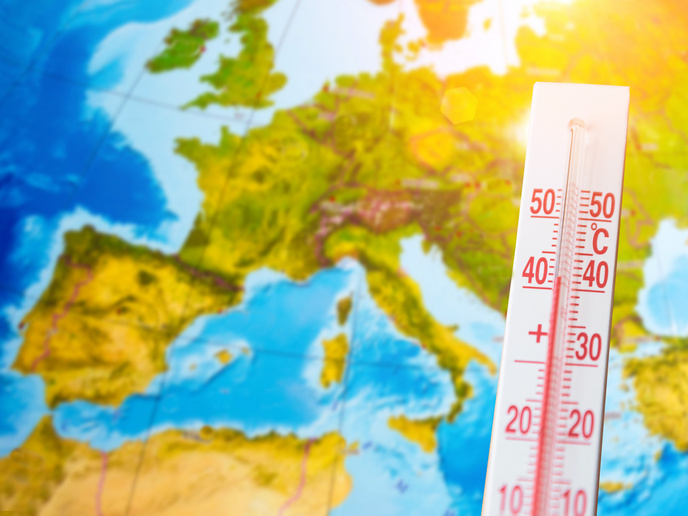Summer 2023: Hot, hotter, hottest
June was the hottest month on record around the world, declared the European Centre for Medium-Range Weather Forecasts. Then July began, with its own record-setting heat. According to Copernicus, the EU climate and weather service, July 2023 was the hottest July and also the hottest month ever on record. “Unless an ice age were to appear all of sudden out of nothing, it is basically virtually certain we will break the record for the warmest July on record and the warmest month on record,” Copernicus Director Carlo Buontempo foreshadowed in ‘The Associated Press’(opens in new window). Scientists calculate that 2023 will go down as the world’s hottest year.
Welcome to the new normal
Most of the heat stored near the planet’s surface is in the oceans, not in the atmosphere. As global sea surface temperatures rise, so does the temperature. “We should not be at all surprised with the high global temperatures,” Professor Richard Betts, climate scientist at the University of Exeter in the United Kingdom told the ‘BBC’(opens in new window). “This is all a stark reminder of what we’ve known for a long time, and we will see ever more extremes until we stop building up more greenhouse gases in the atmosphere.” “These heatwaves are not only more frequent, but also hotter and longer than they would have been without global warming,” added Friederike Otto, a climatologist at the Grantham Institute of Climate Change at Imperial College London.
Sobering reminder
Otto was lead author of a recent report(opens in new window) on the impact of climate change on the July heat waves in southern Europe, as well as southwestern United States, northern Mexico, and China. It found that global warming isn’t only increasing the amount of heat waves but making them hotter. With respect to Europe, findings reveal that the heat waves across southern Europe would have almost no chance of occurring without climate change. “They are not rare in today’s climate,” she told ‘The Washington Post’(opens in new window). “What surprises me is that people are so surprised. It is exactly what we expected to see.” “Climate change is here. It is terrifying. And it is just the beginning. The era of global warming has ended; the era of global boiling has arrived,” UN Secretary-General António Guterres warned during a press conference(opens in new window) on climate at UN Headquarters in New York.



